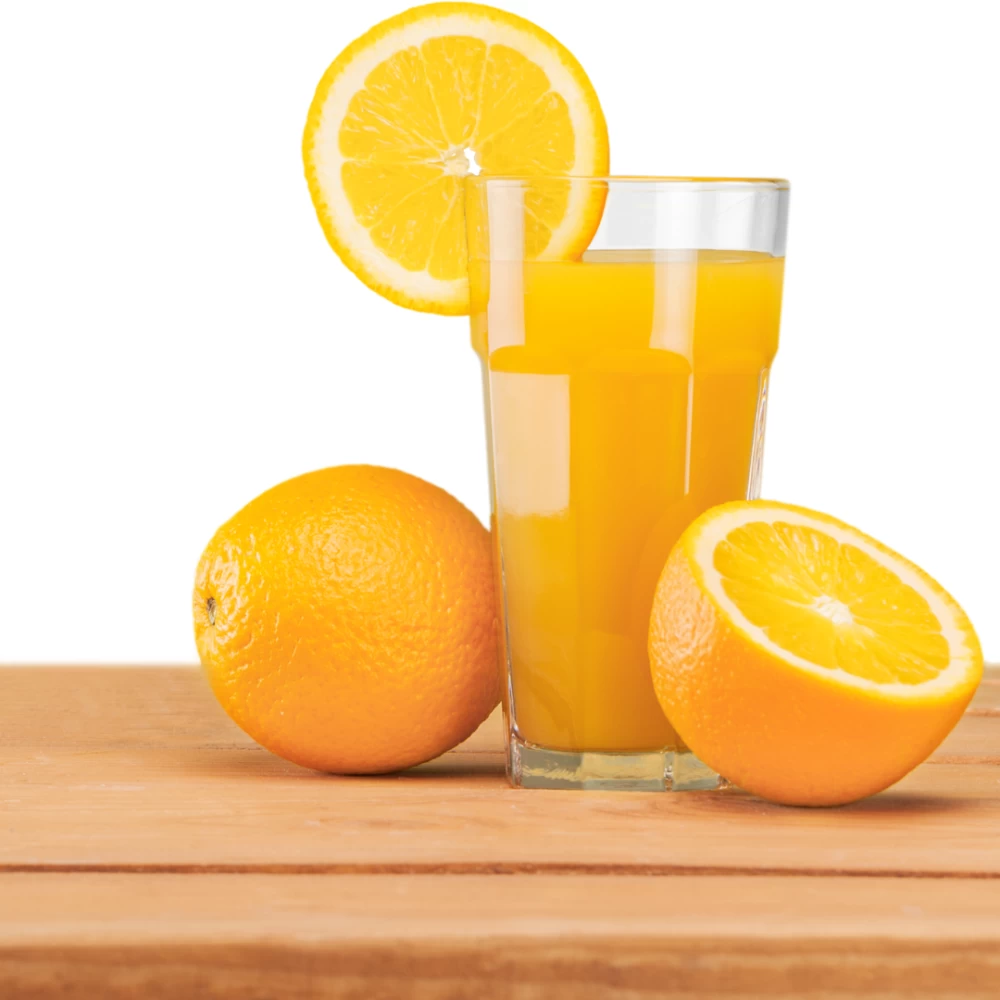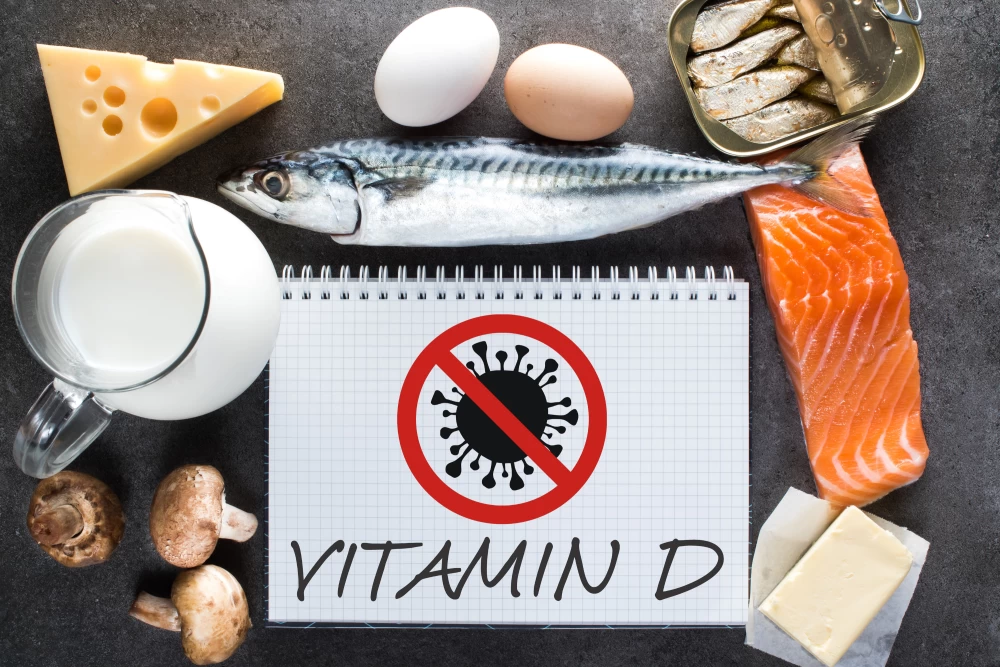
- 17th March 2024
Table of Contents
Due to its many beneficial effects on health, vitamin D's significance has come to light in recent years. Vitamin D, sometimes called the "sunshine vitamin," is essential for a number of bodily processes, such as maintaining healthy bones, controlling the immune system, and keeping mood stable.
But many people have trouble getting enough vitamin D into their diets, particularly those who live in areas with little sunshine or who have special dietary needs. You can satisfy your daily needs for this essential nutrient thanks to a variety of food sources that are rich in it. In this article, we will discuss six simple ways to increase your vitamin D intake for maximum health.
1. Fatty fish
Nutritional facts of salmon fish per 100 grams:
One of the best ways to get your daily dose of vitamin D is to eat fatty fish. This includes tuna, salmon, mackerel, trout, and salmon. You can meet a large portion of your recommended daily allowance of vitamin D from just one serving of these fish. Take cooked salmon, for instance.
Just three and a half ounces (100 grams) of it provides about 386 international units (IU) of vitamin D—more than half of what most adults should consume every day. A diet rich in fatty fish, eaten at least twice weekly, can increase your body's vitamin D levels and supply you with health benefits like omega-3 fatty acids.
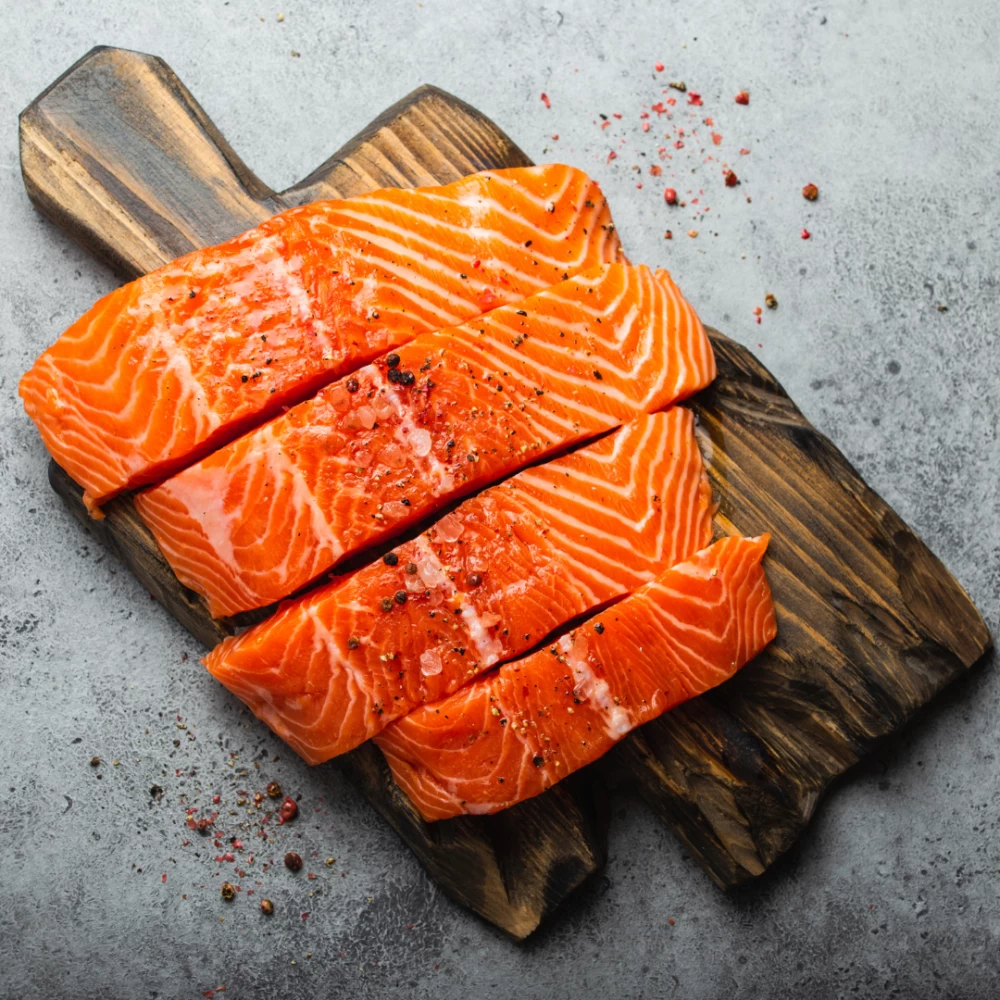
2. Egg Yolks
Nutritional facts of egg yolk per 100 grams:
An additional great way for vegetarians and omnivores to get your vitamin D is to eat egg yolks. The whites of the eggs are mostly protein, but the yolks are where most of the nutrients, including vitamin D, are found.
Although 37 international units of vitamin D isn't a lot, eating a few eggs per week can help you meet your recommended daily allowance. The vitamin D content of eggs can be even higher if you get them from chickens that are raised on pasture or if they are enriched with omega-3 fatty acids.
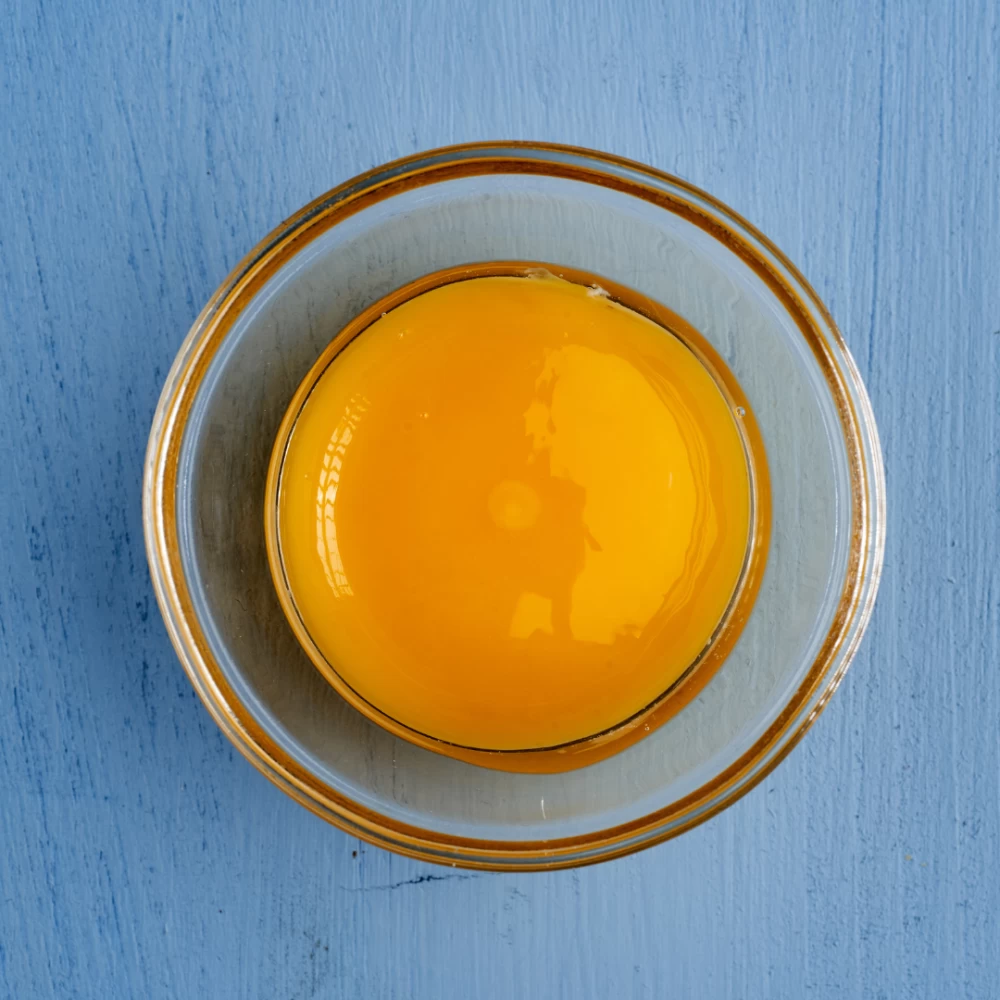
3. Fortified foods
Many food producers add vitamin D to their products so people can get the nutrients they need, since natural dietary sources are scarce. Soy, almond, and oat milk are plant-based alternatives to cow's milk that are common in fortified foods, along with orange juice, breakfast cereals, and milk.
Look for vitamin D content on food labels to determine which fortified foods to buy; ideally, you want to get at least 20% of the DV per serving. If you have dietary restrictions or don't get enough sun, adding these fortified foods to your diet is a simple and convenient way to get more vitamin D.
4. Cod liver oil
Nutritional facts of cod liver oil per 100 grams:
Cod liver oil is a well-liked dietary supplement due to its abundance of vitamin D and omega-3 fatty acids. For most people, just one tablespoon of cod liver oil is more than enough vitamin D for the day. Although not everyone enjoys the flavor of cod liver oil, it can be disguised by taking it in capsule form or adding it to smoothies or salad dressings.
Be careful with the dosage, though, because vitamin D toxicity can occur from taking too much cod liver oil. Prior to including cod liver oil in your supplement routine, it is recommended that you speak with a healthcare provider.
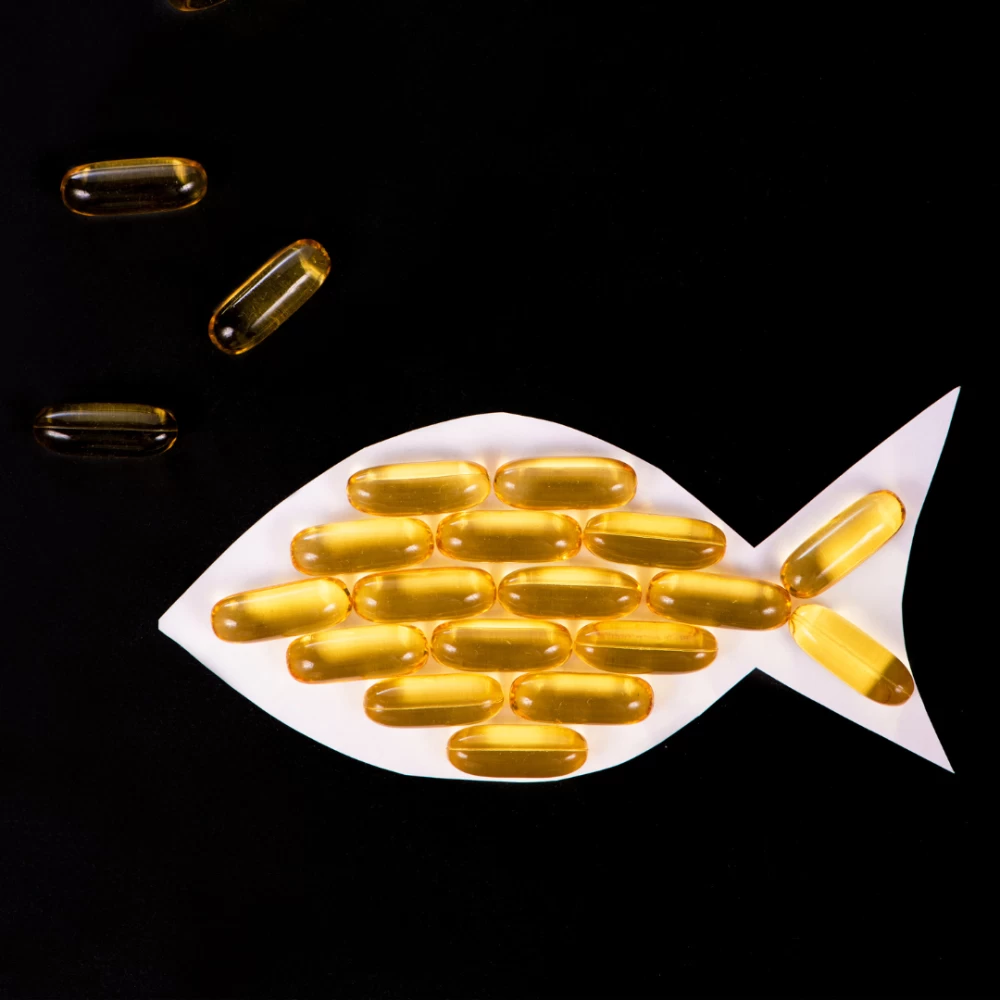
5. Mushrooms
Nutritional facts of mushrooms per 100 grams:
If you're a vegetarian or vegan trying to up your vitamin D intake, mushrooms are a great plant-based alternative because they're one of the few plant-based sources of this vitamin. During their growth process, mushrooms naturally produce vitamin D2, also called ergocalciferol, when they are exposed to sunlight or ultraviolet (UV) light.
Some mushroom types, like shiitake and maitake, can supply a substantial amount of vitamin D, though this nutrient's concentration in mushrooms might vary according to their cultivation conditions. Raw or cooked, eating a variety of mushrooms is a great way to increase your vitamin D intake while also adding flavor and nutrients to your food.
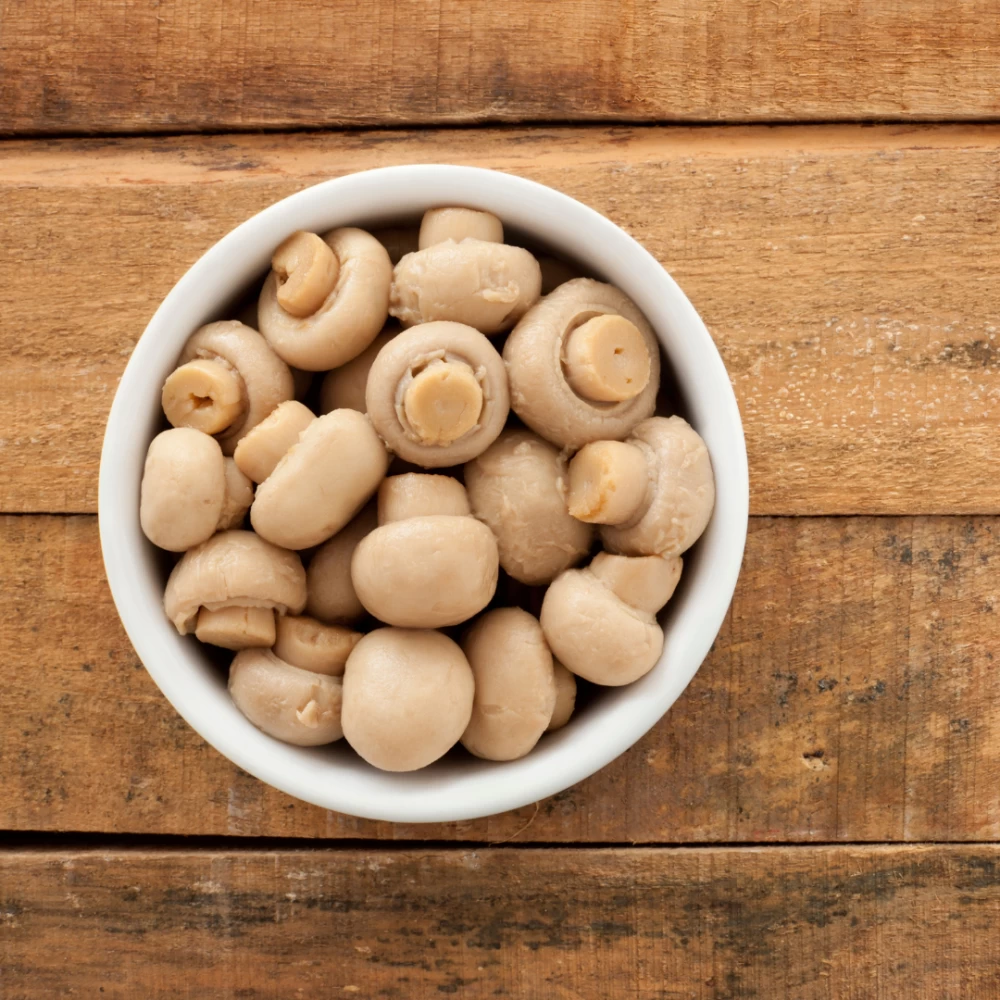
6. Orange juice
Vitamin D-fortified orange juice is just one more easy way to get more of this vital vitamin into your diet. Fortified orange juice, like fortified milk, is an easy way to get vitamin D into your diet, especially if you're lactose intolerant or just want something other than milk.
In addition to hydrating you and providing vital nutrients, a glass of fortified orange juice with breakfast or as a thirst quencher during the day can help you meet your daily vitamin D needs.
